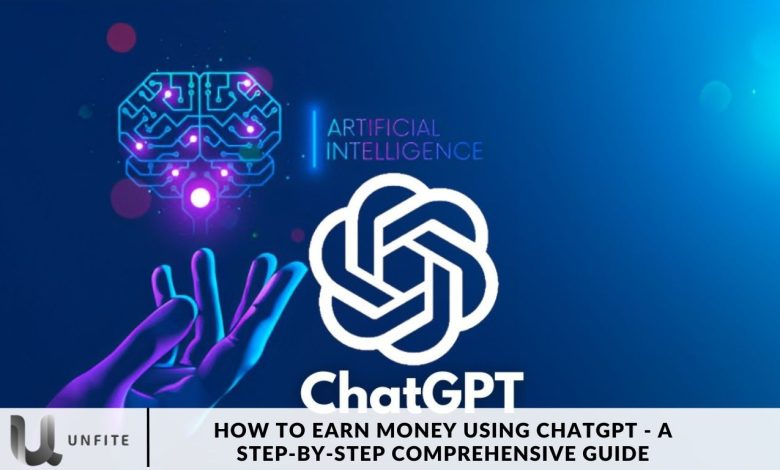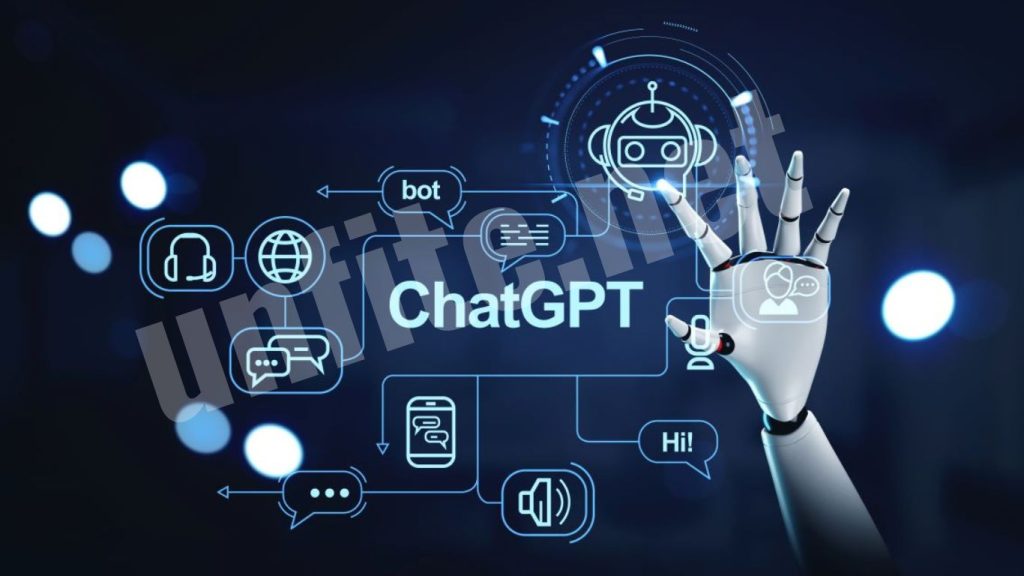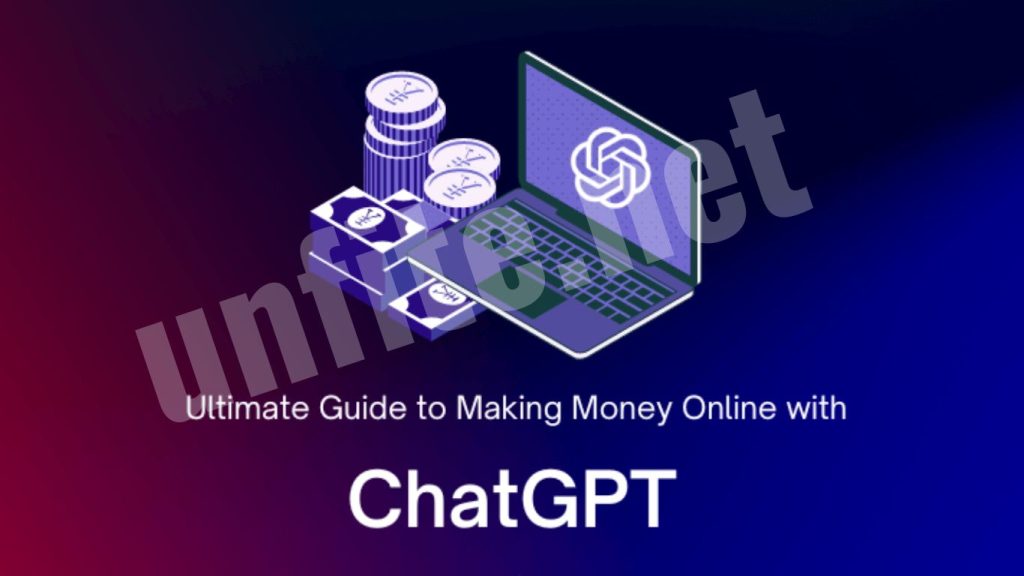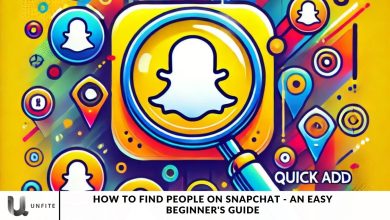How to Earn Money Using ChatGPT – A Step-by-Step Comprehensive Guide

Artificial intelligence (AI) has seamlessly integrated into our daily lives, with ChatGPT emerging as a revolutionary tool in the industry. Created by OpenAI, ChatGPT leverages the advanced GPT-3 architecture to deliver impressive capabilities. This powerful language model can generate human-like responses to text inputs, making it invaluable for applications such as chatbots, virtual assistants, and content creation.
In this article, we will explore various strategies for monetizing ChatGPT and highlight practical use cases that can help you harness its potential for profit.
Sounds too good to be true? Well, buckle up because we’re diving headfirst into this digital gold rush! As you scroll down this page, you’ll uncover exciting opportunities to make money with ChatGPT. From crafting engaging content to launching faceless YouTube channels, each section reveals practical strategies that can help you tap into the vast potential of this AI tool. Let’s explore how you can turn your creativity and innovation into a profitable venture!
What is ChatGPT?
ChatGPT is an advanced AI-powered language model designed to produce human-like responses to text inputs. Built on the robust GPT-3 architecture, it has been trained on a vast array of text data, enabling it to generate text on a wide variety of subjects, including news, literature, science, and technology.
What sets ChatGPT apart from other AI language models, such as GPT-2 and earlier versions, is its enhanced accessibility and cost-effectiveness, making it an ideal tool for both individuals and businesses. This versatile model can be employed to develop chatbots and virtual assistants, generate high-quality content, and provide consultancy services, among other applications.
How to Use ChatGPT to Make Money
In this section, we will explore various strategies for monetizing ChatGPT. We will discuss creating chatbots and virtual assistants, generating compelling content, and providing consultancy services. Each of these avenues presents unique opportunities to profit from ChatGPT’s capabilities.

Creating Chatbots and Virtual Assistants
Chatbots and virtual assistants are gaining traction across businesses of all sizes due to their ability to automate customer service, reduce costs, and enhance efficiency. With ChatGPT, you can develop human-like chatbots and virtual assistants that deliver personalized responses to customer inquiries.
Numerous platforms, including Facebook Messenger, Slack, and WhatsApp, offer user-friendly tools for creating chatbots. These platforms facilitate the quick development and deployment of chatbots, making the process accessible even for those with limited technical skills. Once your chatbot is operational, you can provide your services to businesses and charge a fee for your expertise, creating a lucrative revenue stream.
Generating Content
Generating content is another effective way to monetize ChatGPT. Content creation can be a time-consuming task, and businesses are constantly seeking ways to produce high-quality material quickly and efficiently. With ChatGPT, you can generate unique and engaging content for various platforms, including websites, blogs, and social media.
You can utilize ChatGPT to create a range of content types, such as articles, product descriptions, and social media posts. By offering your content generation services to businesses, you can charge a fee based on factors like the length and complexity of the content, providing a valuable service while creating a steady income stream.
Offering Consultancy Services
With ChatGPT, you can provide consultancy services to businesses across various domains, including customer service, marketing, and sales. Leveraging its AI-powered capabilities, ChatGPT can offer insights and analysis that may not be easily accessible through traditional methods.
One key advantage of offering consultancy services with ChatGPT is the flexibility to work remotely, allowing you to operate from anywhere in the world. You can set your fees based on the complexity of the tasks and the time required for each project, enabling you to tailor your services to meet the specific needs of your clients while generating a profitable income stream.
ChatGPT as a Research Tool
Another lucrative way to monetize ChatGPT is by utilizing it as a research tool. ChatGPT can assist in generating research papers, conducting surveys, and even analyzing data, making it a versatile resource for various research needs.
By offering your research services to businesses, you can charge fees based on the complexity and scope of the research projects. This allows you to cater to a wide range of clients seeking high-quality, data-driven insights while also establishing a steady income source.
Tips for Using ChatGPT Effectively
In this section, we will share valuable tips for using ChatGPT effectively. We will cover essential topics, including selecting the correct training data, enhancing accuracy, and navigating potential ethical issues. By following these guidelines, you can maximize the benefits of ChatGPT while ensuring responsible and practical usage.
Choosing the Right Training Data
Selecting the correct training data is vital for optimizing ChatGPT’s performance. A diverse dataset leads to better model performance, as it enables the model to understand and generate more accurate responses.
It enhances the model’s learning capabilities; it’s essential to incorporate data from various sources and a broad spectrum of topics. Additionally, you can fine-tune the model with specialized training data tailored to specific use cases. For instance, if you’re developing a chatbot for a healthcare company, utilizing training data specific to the healthcare industry can significantly improve the model’s relevance and accuracy in that context.
Improving Accuracy
Improving ChatGPT’s accuracy is one of the most critical aspects of its practical use, as the model’s accuracy directly influences the quality of the responses it generates. Continuously monitoring and enhancing accuracy is essential to ensure optimal performance.
Here are several strategies to improve the accuracy of ChatGPT:
Utilize High-Quality Training Data:
Ensure that the training data is diverse, balanced, and representative of the language and context in which the model will be applied. Regularly updating the dataset is crucial to reflect changes in language usage and contextual shifts.
Fine-Tuning the Model:
Fine-tuning involves retraining the model on specific datasets or tasks to enhance its performance. For example, if ChatGPT is intended for customer support, fine-tuning it with a dataset of customer support interactions can significantly improve its accuracy in that domain.
Continuous Evaluation:
Assess ChatGPT’s performance regularly to identify areas for improvement. Monitoring the model’s responses and collecting user feedback can help uncover patterns of errors or inaccuracies. This feedback can then be used to adjust the model’s parameters or refine the training data.
Implement Post-Processing Techniques:
Analyze the output generated by ChatGPT and correct any errors through post-processing. Using spell-checking and grammar-checking software can enhance the accuracy of the responses produced.
Contextual Awareness:
Consider the context in which ChatGPT will be employed. Factors such as language, subject matter, and conversational tone can impact accuracy. Training the model on contextually relevant data is essential to achieving the best results.
Understand Limitations:
Recognize that while ChatGPT can produce human-like responses, it is still a machine with limitations. It may need to fully grasp the nuances of human language and communication. Setting realistic expectations for the model’s accuracy and supplementing its use with human support when necessary is crucial.
Avoiding Ethical Issues
Ethical considerations are paramount when using AI-powered tools like ChatGPT. As with any technology, the potential for unintended consequences and harm exists, making it essential to ensure that your application of ChatGPT adheres to ethical standards and complies with relevant laws and regulations.
Critical Ethical Issues to Consider
Bias in Responses:
One significant ethical concern is the risk of bias in the model’s responses. ChatGPT learns from the data it is trained on, meaning that any biases present in the training data—such as sexist or racist language—can be reflected in the model’s output.
To mitigate this risk, use a diverse set of training data that incorporates various perspectives and viewpoints. This helps the model generate more inclusive and unbiased responses.
Monitor and review the model’s output regularly for biased responses and take corrective actions when necessary, such as retraining the model with more diverse data or adjusting its parameters.
Inappropriate or Offensive Content:
Another ethical issue is the potential for ChatGPT to produce inappropriate or offensive content, especially if trained on data containing hate speech or other harmful language.
Ensure that the training data is carefully screened to exclude inappropriate or offensive material. If such content is identified, it should be removed immediately.
Implement filters using natural language processing (NLP) techniques to detect and eliminate inappropriate responses, thereby maintaining the respectfulness of the generated content.
Privacy Concerns:
Privacy is a significant ethical issue when using ChatGPT, as the model may collect and store user data, including conversations and personal information.
Comply with applicable data protection laws and regulations, ensuring transparency about the data collected and its usage. Provide users with options to opt out of data collection whenever possible.
Employ measures such as data encryption and access controls to safeguard user data and ensure compliance with privacy regulations.

Impact on Jobs and Society:
The introduction of AI-powered tools like ChatGPT can automate various tasks, potentially leading to job displacement and broader social and economic consequences.
It is crucial to consider the potential impact on employment and society and implement measures to mitigate any negative effects. This could include retraining programs for affected workers or promoting job creation in new sectors that emerge alongside AI technologies.
Developing Chatbots
Chatbots are increasingly essential for businesses to provide customer support and automate interactions. However, creating effective chatbots has always been challenging with ChatGPT.
Choose a Platform
Select a platform like Facebook Messenger, Slack, or your website to deploy your chatbot.
Build Your Chatbot
Use ChatGPT to generate conversational responses. You can design the chatbot to handle FAQs, schedule appointments, or provide product recommendations.
Offer Chatbot Development Services
Once you’ve mastered the art of building chatbots, offer your services to small businesses. Charge a fee for development, maintenance, and updates.
Frequently Asked Questions
What is ChatGPT?
ChatGPT is an AI language model developed by OpenAI that can understand and generate human-like text. It can be used for various applications, including content creation, chatbot development, virtual assistance, and more.
Do I need technical skills to use ChatGPT?
While technical skills can be beneficial, they are not a requirement. Many applications of ChatGPT, such as content writing and virtual assistance, can be done with minimal technical knowledge. Basic familiarity with AI tools and platforms can help you get started.
Can I use ChatGPT for freelance work?
Yes, many freelancers use ChatGPT to enhance their services. By leveraging ChatGPT to generate high-quality content efficiently, you can offer writing, editing, and research services to clients.
Can we create a chatbot with ChatGPT?
Absolutely! ChatGPT can be used to develop chatbots that handle customer inquiries, provide product recommendations, and automate various interactions. By creating chatbots, you can offer services to businesses seeking to improve customer engagement.
How can I price my services when using ChatGPT?
Pricing will depend on the complexity of the task and your level of expertise. Research market rates for similar services and consider offering competitive pricing for your initial clients to build your portfolio. For writing tasks, you can charge per project, hourly rates, or based on word count.
Can I monetize a YouTube channel using ChatGPT?
Yes! You can use ChatGPT to generate video scripts, outlines, and content ideas. You can also earn passive income by creating faceless YouTube channels and monetizing them through ads or sponsorships.
Is there a limit to how I can use ChatGPT?
While ChatGPT is a powerful tool, there are ethical considerations and limitations. Ensure you are using it responsibly, avoiding plagiarism, and not violating any copyright laws. Be aware of the potential biases in the model’s output and strive to provide accurate and respectful information.
Conclusion
ChatGPT offers a myriad of opportunities for individuals looking to generate income in today’s digital landscape. From content creation and chatbot development to providing consultancy services and conducting research, the versatility of this AI-powered language model empowers users to explore various avenues for monetization. By leveragingChatGPT’s capabilities, you can streamline tasks, enhance productivity, and produce high-quality outputs that meet the demands of clients and audiences alike.
As you embark on your journey to earn money using ChatGPT, remember to approach this powerful tool ethically and responsibly. Ensuring the quality of your work, staying informed about biases, and maintaining transparency with your clients will not only enhance your reputation but also foster trust in your services.



